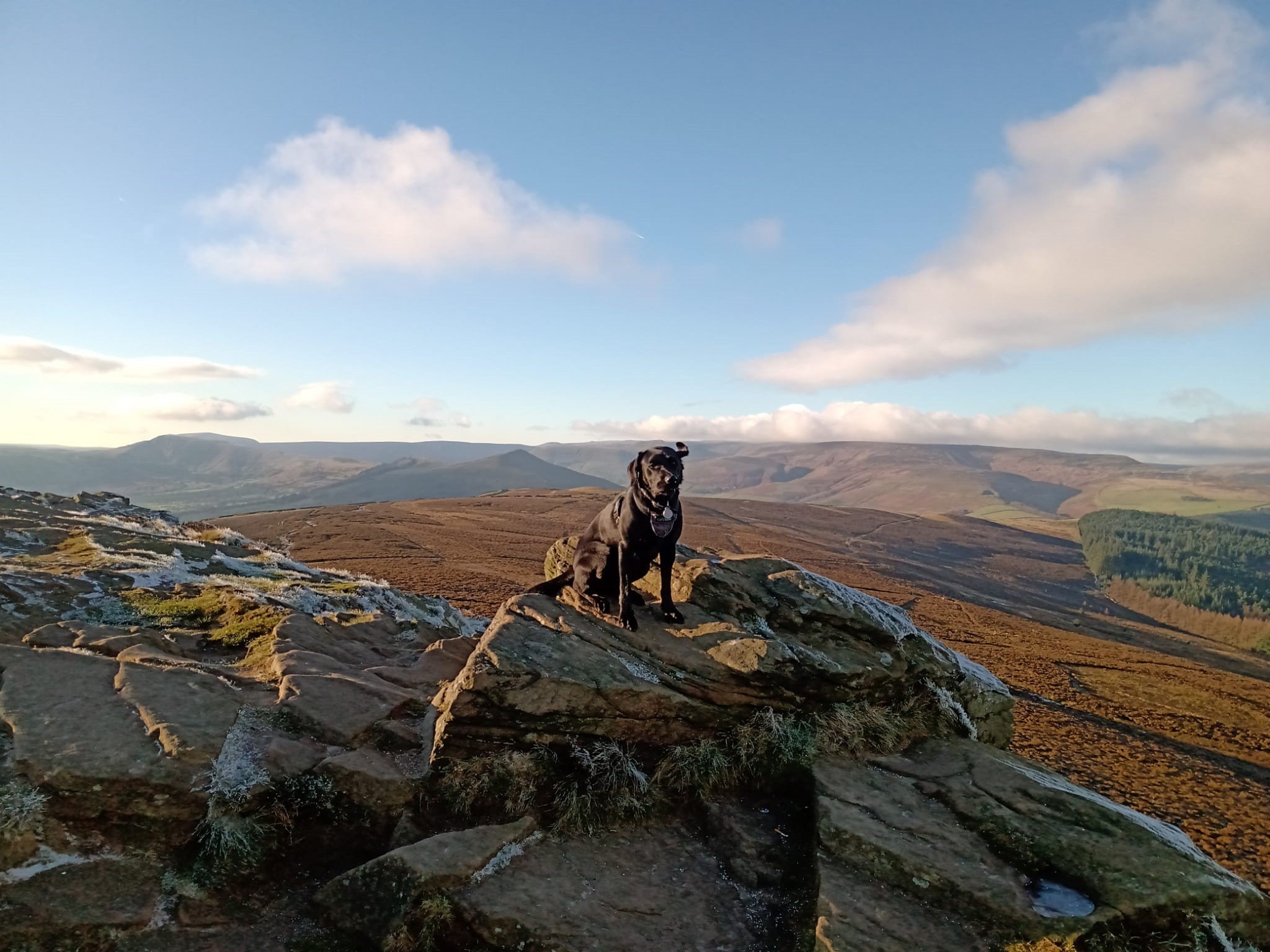-

Making the grass greener for teachers
Sometimes we are prone to thinking that the grass is greener elsewhere, but in terms of flexible working practices, the verdancy is more striking in the wider workforce compared to working in schools. Teachers have worked this out; more than six out of ten have said they are highly likely to leave teaching in order…
-

Why climate change must be in the new national curriculum
In July 2024, the new Labour government announced a review of the national curriculum. Two of its stated aims are to ‘ensure children and young people leave compulsory education ready for life and ready for work’, and to ‘reflect the issues … of our society.’ If the review is to succeed in these aims, it…
-

If walls could talk…
I’ve often wrestled with how we understand and treat neurodivergent children in schools. We tend to focus on diagnoses, behaviours, and interventions—essentially reducing children to two-dimensional shorthand. This flattening of experience misses something vital: the human, emotional, messy, lived realities of these children. That’s what led me to fiction, and why I believe it can…
-

Read it again, and again, and again….
As anyone with young children in their lives knows, those young children love to hear the same stories again and again and again. It may be tiresome for adults, but children love listening to the same story. Why is that? And could repeated reading benefit children’s learning and development? Repetition is a fundamental learning process,…
-

Sceptical of scepticism? The political epistemologies of experience
Those of us in the business of teaching and researching education think – and talk – a lot about ‘experience’. For example, capturing the ‘lived experiences’ of participants is a key aim of interpretivist forms of research. But what do we mean by ‘experience’? It depends on who you ask. There are in fact key…
-

Blank pages
November is academic writing month, and here I am writing. In the Peak District, where I live and do my writing work, it’s chilly and misty. At the end of the day, I’ll take my Labrador, Jussi, for a run around on the moor to wind down. The fog can make it spooky up there,…
-

Educating Kemi: resisting negative narratives around neurodiversity
The Tory leadership contender, Kemi Badenoch, has recently made some ‘stigmatising’ and confused remarks concerning autistic people. This is just the latest chapter in what has become an ongoing spectacle of socio-cultural posturing within what the media often calls the “culture wars.” Not content with vilifying asylum seekers and trans people, Badenoch is now targeting…
-

The Sheffield Institute of Education: over a century of training teachers to transform lives
Sheffield Hallam University has trained teachers for well over 100 years. We began back in 1905 as the Sheffield City Training College at our Collegiate Campus site under the guidance of Reverend Valentine Ward Pearson, the founding Principal. Our intake was approximately 150 students. We were already at the forefront of teacher training college development…
-

LGBT+ community, solidarities and isolation
This is the final of three blog posts about the Whose Rainbow? Project, which explored what the rainbow means to LGBT+ staff and students in higher education. If you’re interested and want to find out more about the project – and about Equality, Diversity and Inclusion in universities more broadly – we will be launching…
-

Free labour and institutional non-performativity in LGBT+ people’s experiences of higher education
In the Whose Rainbow? project we have been asking LGBT+ staff, students, and self-declared ‘allies’, about their experiences of higher education. One major finding from our interviews was the vast amount of additional, often uncompensated, labour required of LGBT+ staff and students. This ranged from personal efforts to be correctly recognized in their identity to…
Got any book recommendations?